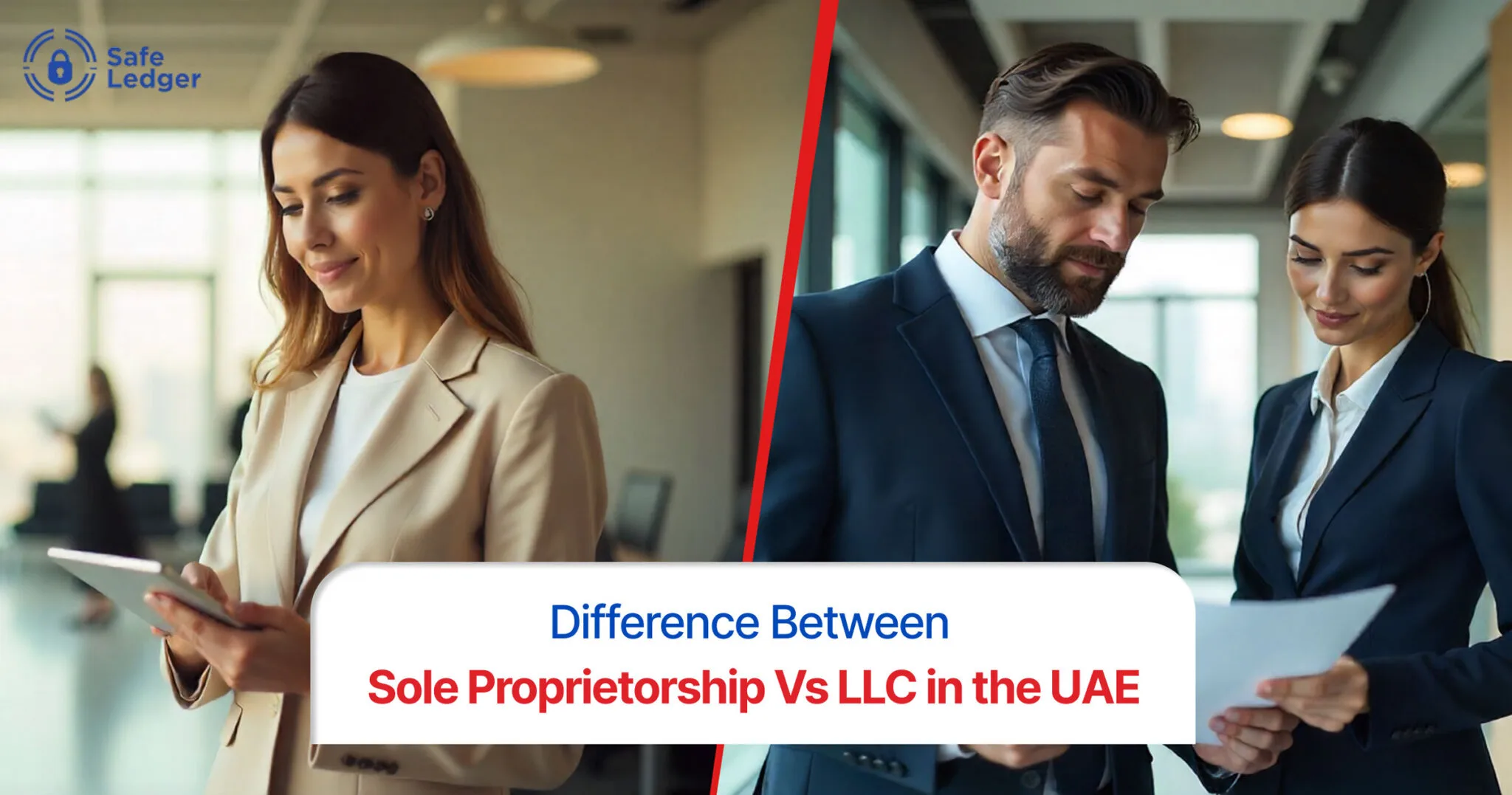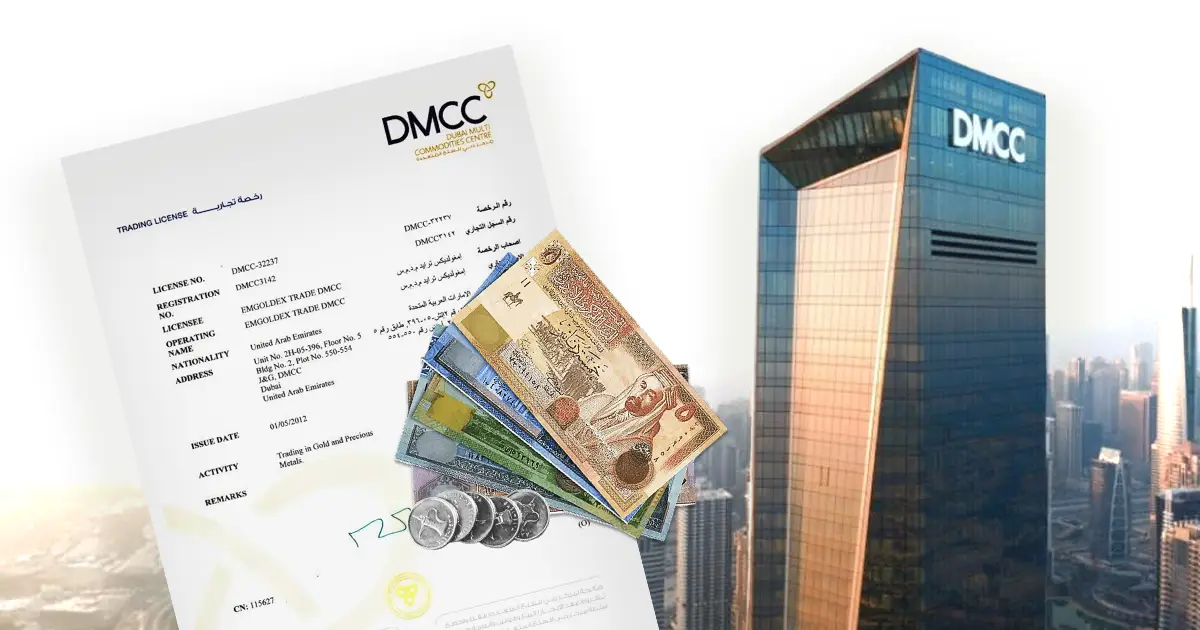A Limited Liability Company (LLC) is a popular business structure in the UAE for small to medium-sized enterprises. It combines shared ownership with limited liability protection, making it suitable for entrepreneurs looking to expand, attract investors, or enter more regulated industries. Understanding its features, advantages, and limitations helps determine if it aligns with your business goals.
An LLC is a legal entity owned by two to fifty shareholders. It has a separate legal identity from its owners, which protects shareholders from personal liability beyond their share in the company. This structure allows multiple partners to pool resources while operating under a clearly defined legal framework.
Key Features and Advantages of an LLC
LLCs offer several benefits that make them a preferred choice for growing businesses:
- Limited Liability Protection: Shareholders are only liable for the capital they contribute, safeguarding personal assets.
- Shared Ownership and Control: Decisions are made collectively by partners, allowing for diverse input and expertise.
- Credibility and Trust: LLCs enjoy higher credibility with clients, banks, and government authorities.
- Easier Access to Funding: Attracting investors, raising capital, or bringing in partners is simpler than with a sole proprietorship.
- Structured Governance: Formal corporate governance ensures compliance with UAE laws and reduces operational risks.
- Scalability and Growth: Suitable for expansion, joint ventures, and larger operations.
- Transfer of Ownership: Shares can be transferred according to partnership agreements, offering flexibility for succession planning.
- Formal Accounting and Audit: Financial transparency builds trust with stakeholders and supports business growth.
These features make an LLC ideal for entrepreneurs seeking growth, credibility, and legal protection while sharing responsibilities with partners.
Note: Since the UAE’s 2021 Commercial Companies Law amendments, most activities now allow 100% foreign ownership of mainland LLCs, without needing a UAE national sponsor. However, some “strategic impact” activities (like oil exploration, telecom, or defense) still require Emirati majority ownership.





